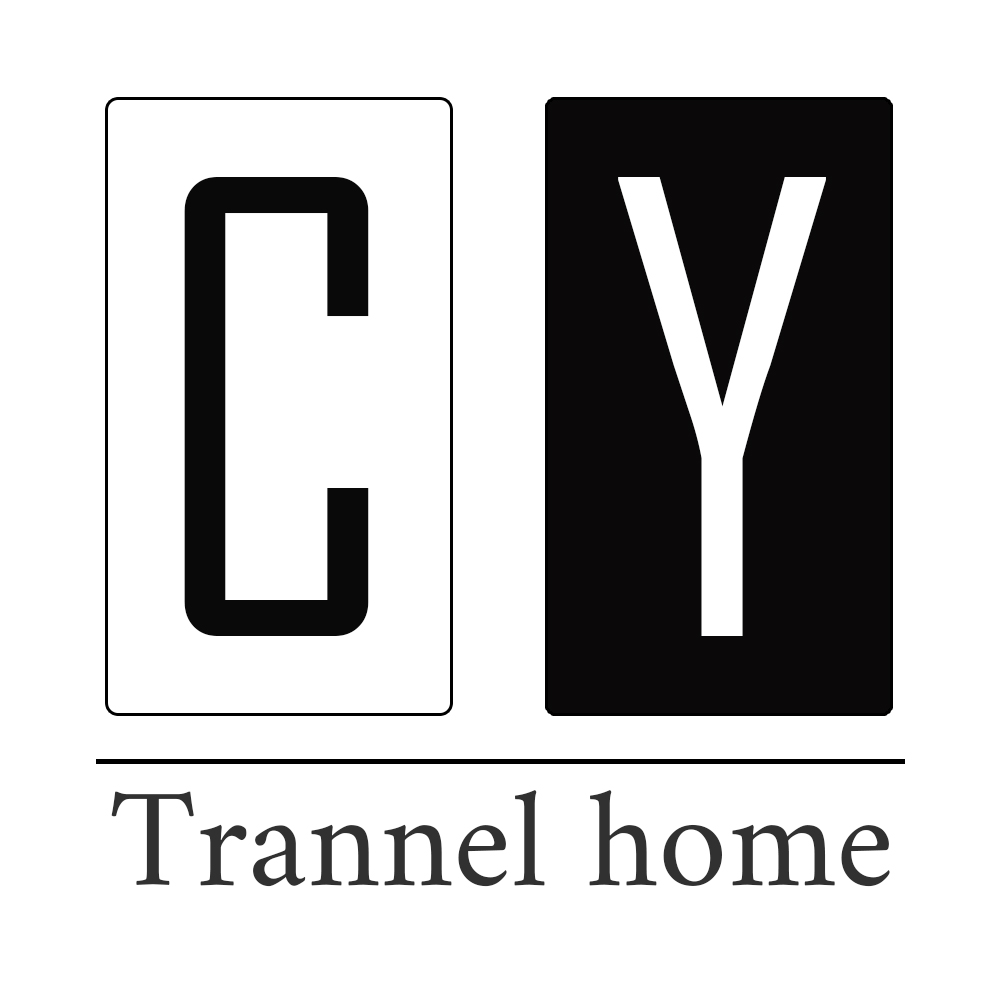Meta Description:
Discover how modular furniture offers a smart way to reduce tariffs on dining sets. Learn the trade benefits, HS code strategies, and design flexibility that make modular dining sets a winning choice.
Introduction
In the ever-evolving world of international trade, tariffs on furniture imports can significantly affect pricing, profit margins, and competitiveness. For manufacturers, exporters, and retailers, finding smart ways to optimize shipping and duty costs is more crucial than ever.
One powerful strategy? Modular furniture, especially modular dining sets. This flexible, innovative design approach not only appeals to modern lifestyles but can also be a tariff-smart solution that helps businesses cut costs and simplify classification.
What Is Modular Furniture?
Modular furniture is designed to be assembled in multiple configurations, allowing for individual components to be sold and shipped separately. In the context of dining sets, this could mean shipping chairs and tables as separate items rather than as one integrated set.
The Tariff Challenge with Traditional Dining Sets
When shipping traditional dining sets (e.g., one table + six chairs), they are often classified under a single HS code, which may attract higher duty rates compared to shipping items individually.
Key issues include:
- 📦 Higher import duties on “complete dining sets”
- ⚠️ Limited flexibility in classification or bundling
- ❌ Risk of misclassification or customs delay
Why Modular Dining Furniture Is a Tariff-Smart Solution
Here’s how modular dining furniture helps reduce tariff impact:
1. Separate HS Classification = Lower Tariff Rates
Chairs and tables often fall under different duty rates. Shipping them as separate items, with distinct HS codes (e.g., 9403.60 for dining tables, 9401.69 for upholstered chairs), can lead to reduced total tariffs.
2. Avoid “Set” Classification
By shipping items individually or under separate invoices, you can avoid customs interpreting your shipment as a “dining set,” which might carry a bundled tariff classification.
3. Easier Custom Declarations
Separate modular parts simplify the declaration process and reduce the chance of customs issues related to incorrect HS codes.
4. Optimized Container Loading
Modular parts are usually more compact and flat-packed, allowing for better container optimization and lower freight costs.
Market Advantages Beyond Tariffs
Aside from tariff savings, modular dining furniture offers real consumer and retail value:
- 🪑 Customizable Combinations: Let customers mix and match table shapes, chair types, and upholstery colors.
- 🛒 Flexible Inventory for Retailers: Retailers can stock components based on demand (e.g., more chairs than tables).
- 🌍 Easier International Shipping: Flat-packed modular units are ideal for global e-commerce and dropshipping.
Legal & Trade Compliance Tips
- ✔️ Ensure all parts are clearly described on invoices and packing lists.
- ✔️ Use the correct HS codes for each component.
- ✔️ Avoid language like “set” or “dining suite” in shipping documents if shipping separately.
- ✔️ Always check for FTA benefits (like USMCA, EU-Vietnam, etc.) that apply to certain product categories.
Final Thoughts
In 2025, as trade tensions and tariff complexities persist, businesses must think strategically. Modular dining furniture is not just a design trend—it’s a logistics and tariff solution that can improve margins, simplify trade compliance, and meet the demands of today’s flexible, space-conscious consumers.
By separating tables and chairs, using accurate classifications, and embracing modular design, you can create a smarter supply chain and a more competitive brand.
Want help designing or exporting modular dining sets?
Our factory specializes in customizable, tariff-friendly solid wood dining furniture. Contact us for product catalogs, HS code support, and logistics solutions tailored to your market.



